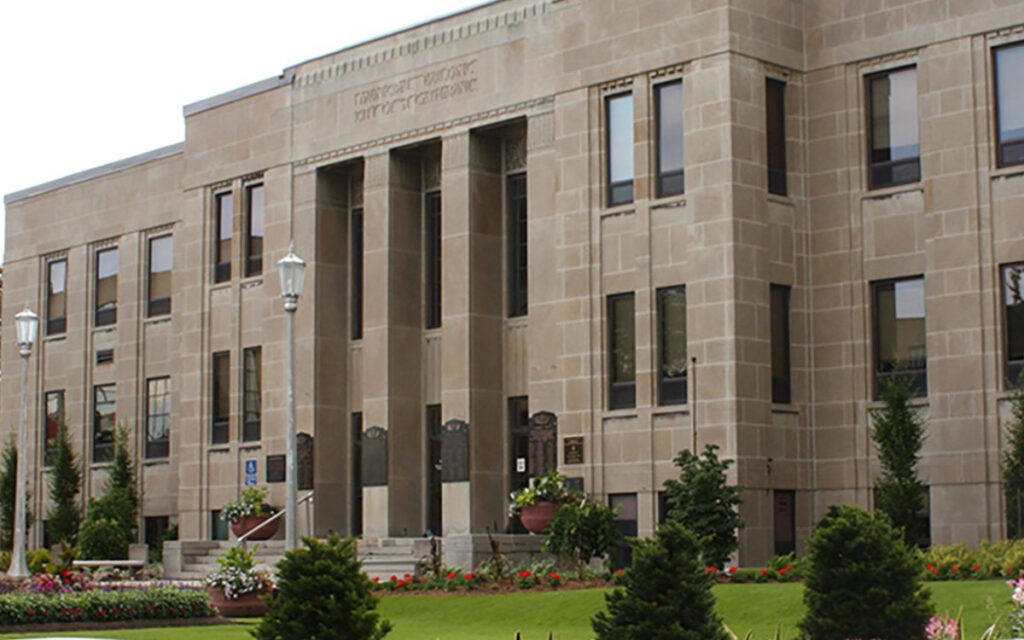
The proposed property tax increase is slightly above the anticipated rate of inflation. Pictured: St. Catharines City Hall. Photo Credit: City of St. Catharines.
St. Catharines homeowners are looking at a 2.46 per cent increase in lower-tier residential property tax bills if city staff have their way.
That represents an average increase of $42.82.
But that number is far from final: Mayor Mat Siscoe still has to present his budget, which could be different from what city staff are pitching.
Once Siscoe tables his budget, council will also have an opportunity to weigh in.
“The staff budget reports will be used to support the mayor’s budgets and it is a decision of the mayor of what staff changes he incorporates into his budget,” financial services director Kristine Douglas told council last week.
Siscoe will present his own budget this week online and council will see it in writing at its Nov. 6 meeting.
Council can then propose amendments to Siscoe’s budget. Those amendments will be voted on Nov. 21.
The mayor, under the Ford’s government’s strong mayor rules, can veto amendments passed by council if he doesn’t like the changes councillors make to his budget, although most mayors have thus far refrained from using their strong mayor powers.
St. Catharines operates on a three-year operating budget plan. The current plan was adopted on Feb. 2 of this year, but city staff are proposing adjustments for 2025 and 2026.
When council passed its three-year budget plan in February, it called for levy increases of 3.69 per cent in 2025 and 3.58 per cent in 2026. City staff have identified proposed savings that would get the proposed levy increase for 2025 down to 3.40 per cent.
That works out to an increase of 2.46 per cent in property tax assessments for the median St. Catharines home, which, according to city staff, is worth an assessed value of $258,000.
That won’t be the final property tax number for St. Catharines homeowners, however. Niagara Region, the upper-tier municipal government, still has to decide on its final property tax rate for 2025.
Some of the identified budget savings will come from staff vacancies and lower project costs. More revenue is also expected to come in through more by-law enforcement.
City staff expect inflation to come in at two per cent in 2025, meaning the 2.46 per cent proposed property tax increase is slightly higher than expected inflation rates. However, Douglas explained that many asset management costs exceed inflation.
This is St. Catharines’ first-ever readoption of a three-year budget plan. Council did not previously operate on a three-year plan basis, instead adopting budgets on an annual basis.
This year, the 2025 budget only has to be updated – it does not have to be done from scratch.
City staff did express some concern to councillors about anticipated debt increases to the city’s bottom line in the years ahead.
All councillors voted in favour of receiving city staff recommendations for the 2025 and 2026 budget changes, which is a formality. The drama should come once Siscoe presents his proposed changes at the Nov. 6 council meeting.
The public can provide budget input by emailing questions or comments to budget@stcatharines.ca

Jay Goldberg is the Ontario Director at the Canadian Taxpayers Federation. He previously served as a policy fellow at the Munk School of Public Policy and Global Affairs. Jay holds a Ph.D. in Political Science from the University of Toronto.




















